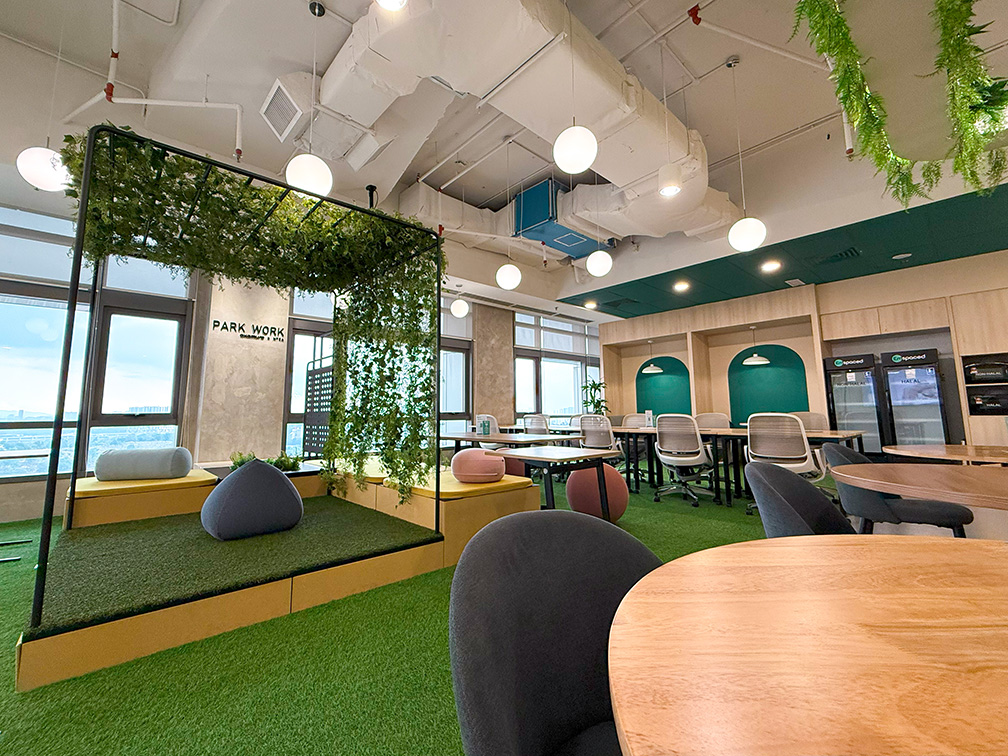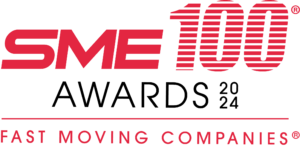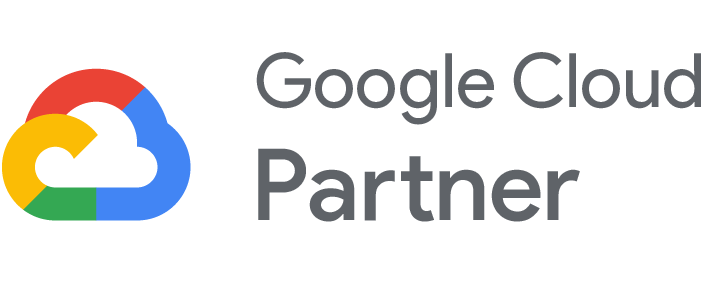Supporting Remote/Hybrid Teams with HRMS: Streamlining Success in a Flexible World
The rise of remote and hybrid work models has revolutionized the modern workplace. While offering unparalleled flexibility and potential benefits, it also presents unique challenges for HR management. Maintaining seamless communication, fostering team cohesion, and ensuring compliance become more complex when your workforce is distributed. That’s where a robust Human Resource Management System (HRMS) comes into play.
Why HRMS is Essential for Remote/Hybrid Teams:
- Centralized Communication and Collaboration:
- An HRMS acts as a central hub for all employee-related information, facilitating seamless communication and collaboration across dispersed teams.
- Features like instant messaging, document sharing, and project management tools enhance connectivity and productivity.
- Streamlined Onboarding and Offboarding:
- Automate onboarding processes, ensuring a consistent and efficient experience for new remote hires.
- Simplify offboarding procedures, managing document access and equipment returns remotely.
- Performance Management and Feedback:
- Track employee performance and provide regular feedback through integrated performance management modules.
- Utilize goal-setting, performance reviews, and feedback tools to maintain employee engagement and motivation.
- Time and Attendance Tracking:
- Accurately track employee work hours, even across different time zones.
- Simplify payroll processing and ensure compliance with labor regulations.
- Employee Self-Service (ESS):
- Empower employees to manage their own information, such as leave requests, expense reports, and personal details.
- Reduce administrative burden on HR teams and enhance employee autonomy.
- Learning and Development:
- Deliver online training and development programs to remote employees, ensuring continuous learning and skill enhancement.
- Track progress, and maintain compliance.
- Compliance and Data Security:
- Ensure compliance with labor laws and data privacy regulations, even when employees are located in different jurisdictions.
- Protect sensitive employee data with robust security features.
- Enhanced Employee Engagement:
- HRMS platforms can provide employee surveys and feedback tools, to understand the remote workers needs.
- HRMS platforms can also provide easy access to company resources, and knowledge bases.
Key Features to Look for in an HRMS for Remote/Hybrid Teams:
- Cloud-based Accessibility: Ensure the HRMS is accessible from anywhere with an internet connection.
- Mobile Compatibility: Enable employees to access HR functions on their mobile devices.
- Integration Capabilities: Integrate with other essential business tools, such as communication platforms and project management software.
- Customizable Workflows: Adapt the HRMS to your specific remote/hybrid work policies and procedures.
- Reporting and Analytics: Gain insights into employee performance, engagement, and productivity.
Investing in the Future of Work:
By implementing a comprehensive HRMS, organizations can effectively support their remote and hybrid teams, fostering a productive, engaged, and compliant workforce. As the future of work continues to evolve, an HRMS is no longer a luxury, but a necessity for success in a flexible world.







